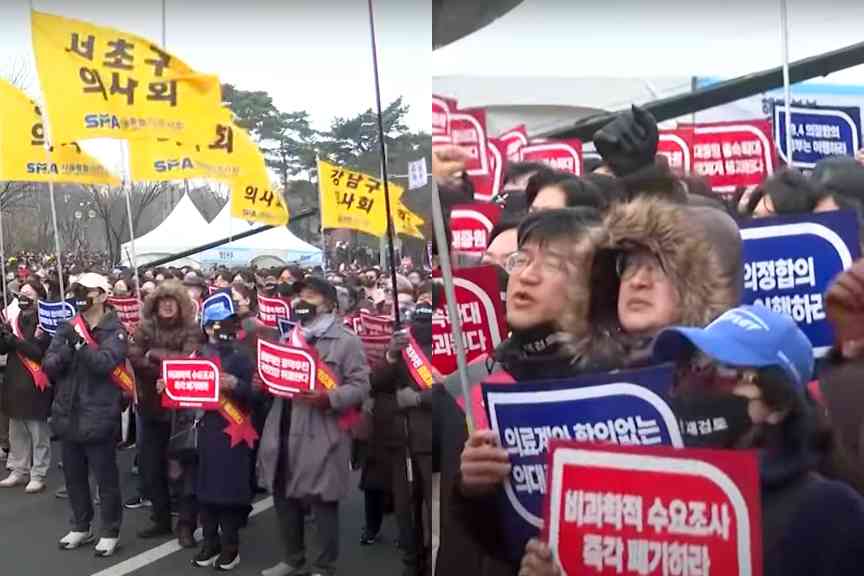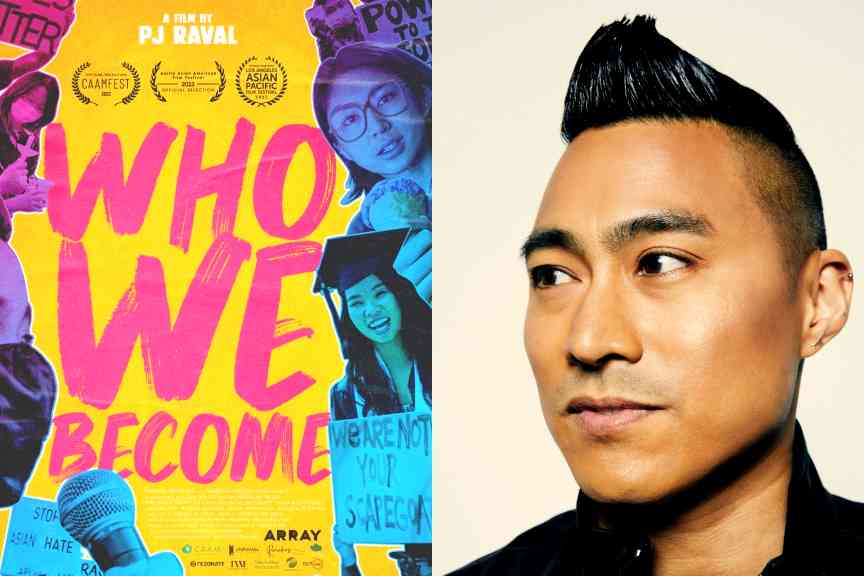‘Han’ explained: An emotion unique to Korea


“Han,” in perhaps one of its simplest definitions, is a word that embodies shared emotions of sorrow and resentment. But upon a closer look into its many interpretations, it begins to unravel as an untranslatable concept, with its
Defining the concept: “Han” is a Korean term describing a complex set of negative emotions, including deep sorrow, regret, resentment and rage. It denotes a uniquely Korean sense of intense, negative emotions bound up within an individual and the collective Korean psyche. Often deemed untranslatable in English, han is crucial in understanding the Korean character, culture and art.
Origins of the word: The origins of han trace back to the 1960s in South Korea, when it gained cultural significance during efforts to overcome historical traumas, including the Japanese occupation, American imperialism and the Korean War. The concept was further elaborated in the arts and literature, coming to symbolize Korean exceptionalism marked by strength and resilience in the face of inherent sadness and pain.
Diminishing significance: While han has historically played a significant role in self-defining Koreans, particularly during the 20th century, its modern-day relevance has diminished since the late 1990s. The term is still occasionally mentioned, notably in discussions about historical issues like the “comfort women.” Still, despite its declining conscious usage in its home country, the term thrives in Korean American communities, where it is invoked to explain Korean character and culture to Americans.
Expressing han: Han finds expression through storytelling, song, poetry and prayer, serving as a language of humanity and as a connection to ancestral roots. It is complemented by its poeticization, creating a communal experience akin to the African American blues tradition. For example, Korean American individuals may turn to han for communal resilience because it offers a way to navigate ongoing struggles for contemporary issues such as abortion rights, gun violence, hate crimes and discrimination and ongoing wars.
Modern perspectives: Today, some Koreans argue that han is a concept too vague and incoherent to explain modern Korean culture comprehensively. Critics highlight its troubling history, as it was initially constructed in the modern era and influenced by Japanese imperial ideology. The term’s gender implications have also been criticized, particularly its association with the aestheticization of women’s sorrow and its ties to ethnonationalism and sexist reactions to women’s rights.
Furthermore, opposing perspectives suggest that the international success of Korean pop culture is better explained by a hybrid approach, combining Korean and Western elements to create universally relatable narratives. These cultural products appeal to global audiences through their familiarity and novelty. As a result, some question whether han is worth preserving as something beyond a historical artifact with troubling origins.
Share this Article
Share this Article






